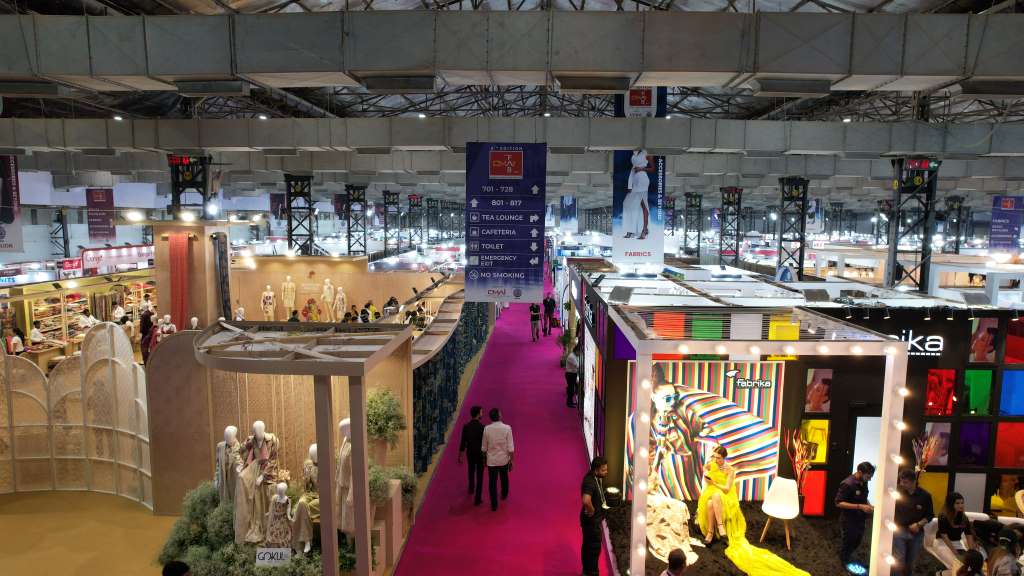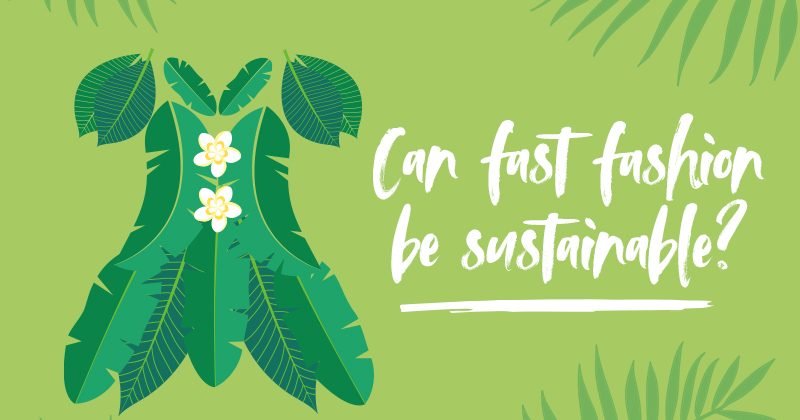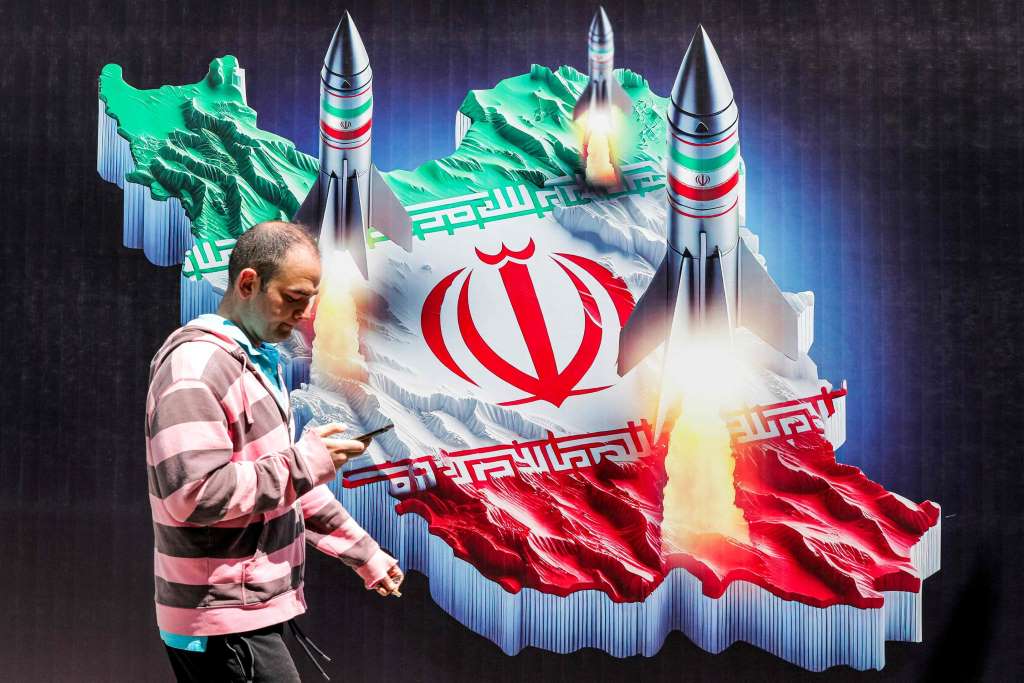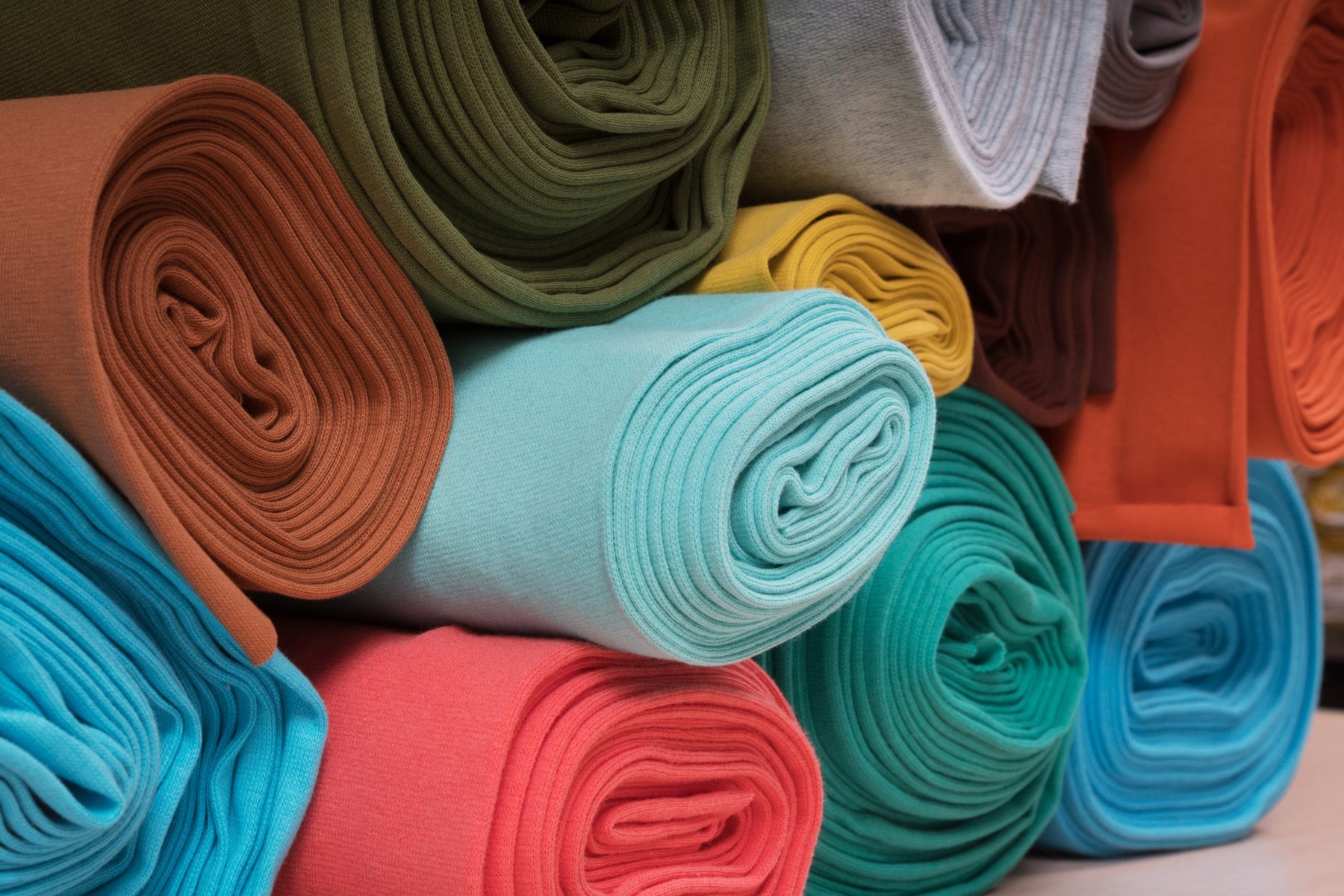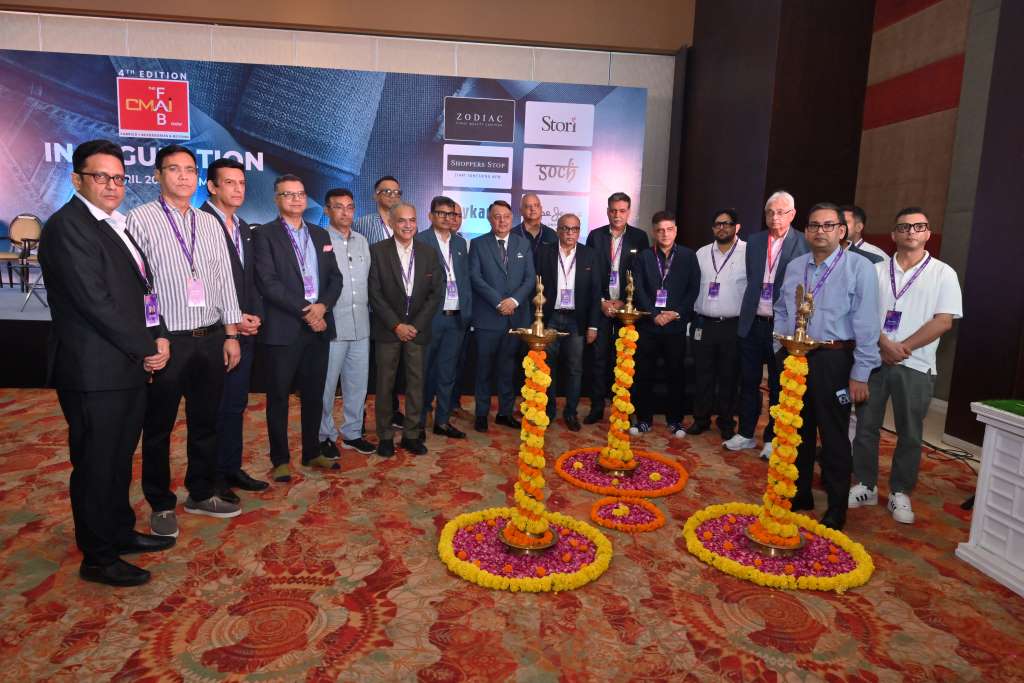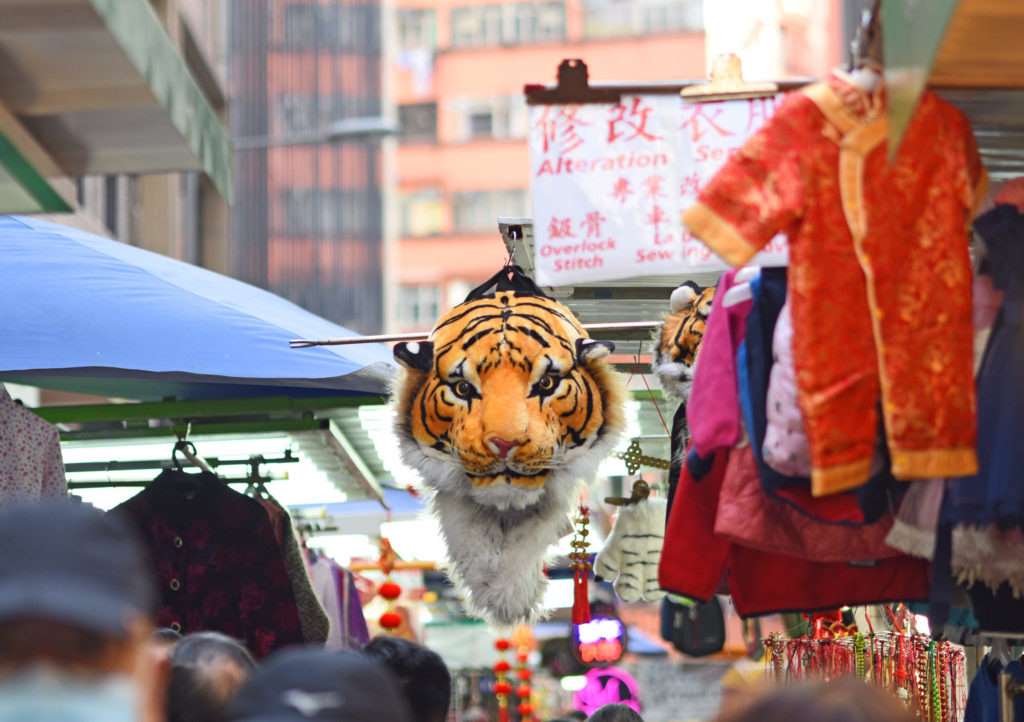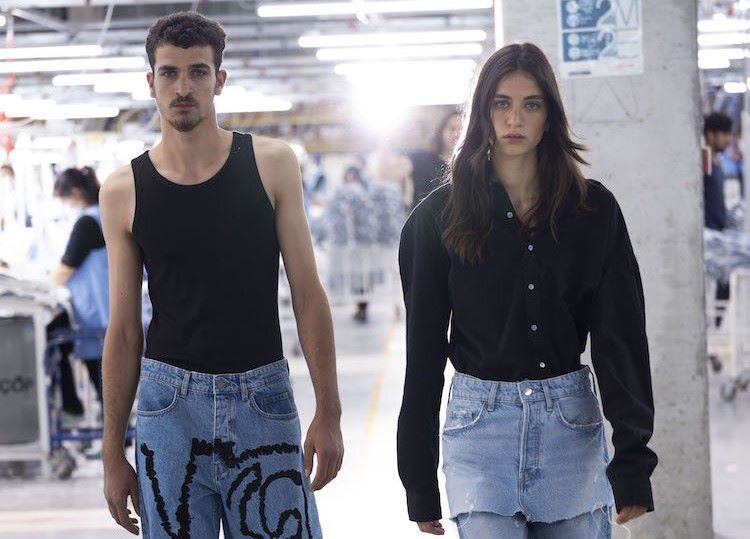"TPP will help boost production and exports in Vietnam and enhance its maritime trade with the US. As far as the textile companies are concerned, Vietnam’s skilled workers are a plus even when labour costs are higher than that of Bangladesh and Myanmar. In fact, Japanese garment-textile companies have began expanding their production in Vietnam after the Trans-Pacific Partnership (TPP) was approved."

TPP will help boost production and exports in Vietnam and enhance its maritime trade with the US. As far as the textile companies are concerned, Vietnam’s skilled workers are a plus even when labour costs are higher than that of Bangladesh and Myanmar. In fact, Japanese garment-textile companies have began expanding their production in Vietnam after the Trans-Pacific Partnership (TPP) was approved. Vietnam’s competitive advantage has been strengthened to become the world’s export center, attracting foreign investment flows, including those from Japan.

Manufacturers hope to have stronger motivation after the TPP, of which Vietnam is a member. Experts say, TPP will help boost production and exports in Vietnam and enhance its maritime trade with the US. As far as textile companies are concerned, Vietnam’s skilled workers are an asset even when though labour costs are higher than that of Bangladesh and Myanmar.
As Mukuta Satoshi, Senior MDm, Keidanren (Japan Business Federation) points out, Japanese firms had invested a total of $37.3 billion in Vietnam as of end 2014, the second highest among all countries and territories investing in the country.
Gateway for Japan to ASEAN markets
For Japan, Vietnam is a gateway to ASEAN markets. Kuraray Trading, an Osaka-based trading house for synthetic fiber maker Kuraray, will spend 300 million yen ($2.51 million) to install a production line for sportswear at an affiliate in Da Nang, the largest city in central Vietnam this year. Kuraray Trading is also considering investing billions of yen in textile operations, such as weaving and dyeing, in Vietnam’s largest city Ho Chi Minh City. Itochu, another Japanese firm has been increasing its presence in Vietnam even before TPP began gathering steam. In 2014, the company established a weaving mill in Vietnam with a monthly capacity of 500,000 meters of fabric.
Toray Industries, a Japanese fiber maker has recently increased production at a local sewing unit established in Ho Chi Minh City by its trading arm, Chori. The company plans to make the plant a key group production site. Chori ships the finished goods to the U.S. and other markets.
Japanese cotton spinner Shikibo will lower output at its Chinese sewing factory and increase production at a partner plant in Vietnam. The company will soon start producing bedding fabrics at the latter site.
Binh Duong Province awarded an investment certificate to Polytex Far Eastern under Taiwan’s Far Eastern Group to develop a $274-million clothing project. This project covers 99 hectares at Bau Bang Industrial Zone and produces supporting items for the apparel sector.
Dong Nai Province has approved a $660-million project of Hyosung Istanbul Tekstil, which will make industrial fiber at Nhon Trach 5 Industrial Zone. This is a Turkish-registered project but the actual investor is South Korea’s Hyosung Group. Hyosung Vietnam has been a familiar face in the textile and garment sector in the province with total registered capital of over $995 million. Hong Kong’s Worldon Vietnam also got approval to carry out a $300-million project in the apparel sector in HCM City. The project covers over 50 hectares at Dong Nam Industrial Zone in Cu Chi District.
Mergers and acquisitions
According to the Ho Chi Minh City Association of Garment Textile Embroidery Knitting (AGTEK), there was a wave of mergers and acquisitions in the domestic garment and textile sector as local enterprises found they could not fulfill requested orders due to their limitations in capital.
Further, the Ministry of Planning and Investment said management offices carefully weighed requests before issuing investment licenses for large textile and garment projects, since textile, fiber production and dyeing projects often cause environmental problems. So, some investors have bought factories from local partners.
In 2016, part of the $300 million provided by the Indian government will include investments in projects to manufacture textile and garment materials in Vietnam, as part of the cooperation between the governments of Vietnam and India.

